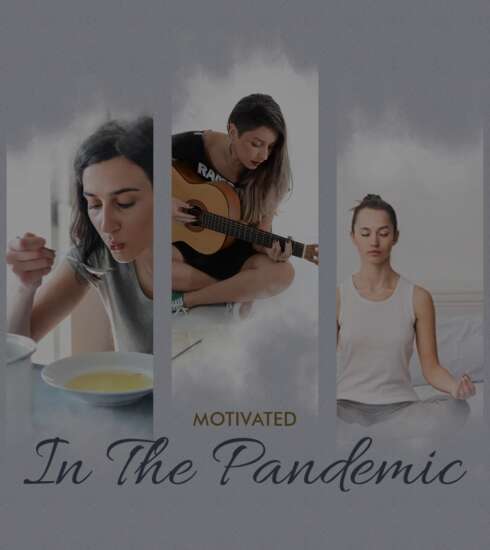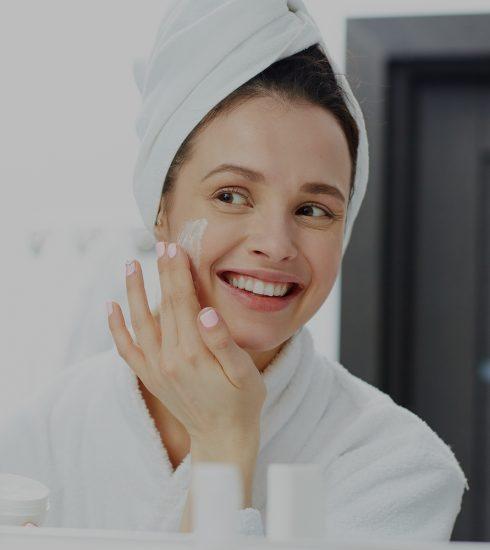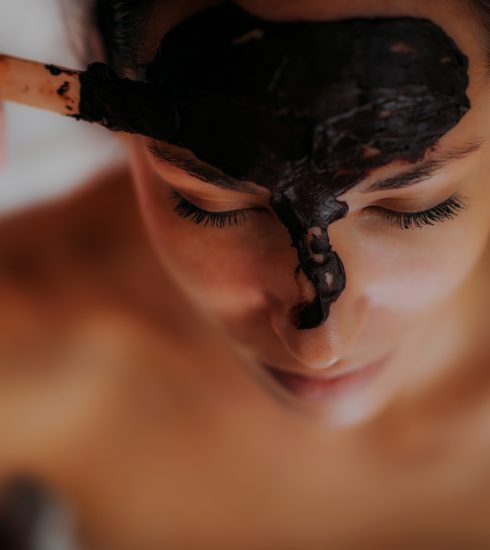To do and no to do when you’ve tested positive for Covid-19
Covid is spreading like wildfire in the country. With the crisis of hospital beds running out, doctors are advising patients with mild symptoms ways for Covid care at home. But since care at home happens outside the constant observation of doctors, there are some dos and don’ts to it.
Do’s
Isolate: Don’t wait to isolate once the results come out. Isolate yourself immediately if you start showing symptoms or find yourself having made contact with a Covid positive individual in the recent past. Make sure the room has everything you need so that there is no reason for you to leave it at any point.
Consult a doctor: Consultation with a doctor online is a must to make the patient aware of all necessary precautions to be taken and also to equip them and their caregiver with the knowledge necessary to monitor.
Double mask: A Covid patient is allowed to make contact with only one person – that is the caregiver who will be responsible for delivering meals, monitoring, etc. Such a person must be in a great state of health and themselves sanitize regularly after coming in contact with the patient. Both the patient and caregiver must be double-masked* at the time of contact.
*Double masking means to mask yourself twice – first with a surgical mask and then with a cloth mask.
Regular monitoring: Every household must have gloves, masks, a blood pressure apparatus, a thermometer, and a pulse oximeter for the regular monitoring of blood pressure, temperature, pulse rate, and oxygen saturation in the body.
Drink lots of water: It is extremely important to stay hydrated when you’re affected by the virus. Drinking water is the best way to do so. Make sure the water is always lukewarm. Other than water, you can also have healthy soups.
Warm gargles: One of the effects of Covid is a dry cough and a warm gargle helps reduce the irritation in the throat. You just have to add a pinch of salt to a warm glass of water. This warm salinated solution will help relieve the sore throat.
Medication: Dr. Anjali Kumar of Maitri suggests that you can take a Vitamin C tablet (500 mg) twice a day, a zinc tablet once a day, paracetamol (500mg) every 6-8 hours, and any cough syrup.
Breathing Exercises: Taking deep breaths, holding, and releasing helps release stale air accumulated in the lungs and increase oxygen flow into your body. It also helps in destressing and helping you relax.
Proning: Everyone is talking about proning because it is said to relieve breathing troubles in Covid patients.
How to prone:
- You will need 5 pillows.
- One should be kept under the neck, two under the shins, and one under the chest and partly rested on the upper thighs.
- You have to lie with your face down for 30 minutes, then turn right and lie for 30 minutes, then left for 30 minutes, and finally back to your first position and lie for 30 minutes.
Change masks regularly and discard them only after disinfecting: Masks should be changed every 8 hours or earlier if it is soiled. They should only be discarded only after disinfecting with 1% Sodium Hypochlorite.
Clean surfaces with 1% Sodium Hypochlorite: All surfaces should be cleaned and sanitized with 1% Sodium Hypochlorite. Not just floors but, knobs, keys, handles, and everything that is touched often should be sanitized.
Wash hands frequently: Hands should be washed frequently and thoroughly with liquid soap and water for at least 40 seconds or they can be sanitized with an alcohol-based sanitizer.
Don’ts
Do not panic: Being tested positive for Covid can be nerve-racking but panicking will do more harm than good. Relax and know that recovery is possible. More often than not, the illness won’t escalate beyond mild symptoms.
Do not leave your room: No matter how boring it gets sitting in your room, do not leave it. Stay put till your results come negative.
Do not self-prescribe Covid drugs: Do not consume the Covid drugs without the prescription of a doctor. While drugs like Ivermectin, Dexamethasone are believed to help, it is inadvisable to take them unless prescribed.
Do not share your belongings: The Covid patient’s belongings should not be used by anybody else. The caregiver must always wear gloves and not come in contact with the bodily fluids of the patients, especially oral and respiratory secretions.
We hope this information was helpful to you.






